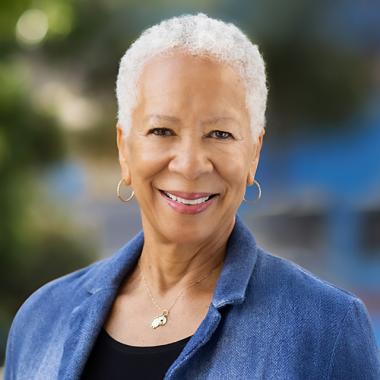2025 NCG Annual Conference: Becoming Our Vision
Friday, May 2, 2025
-
Conference
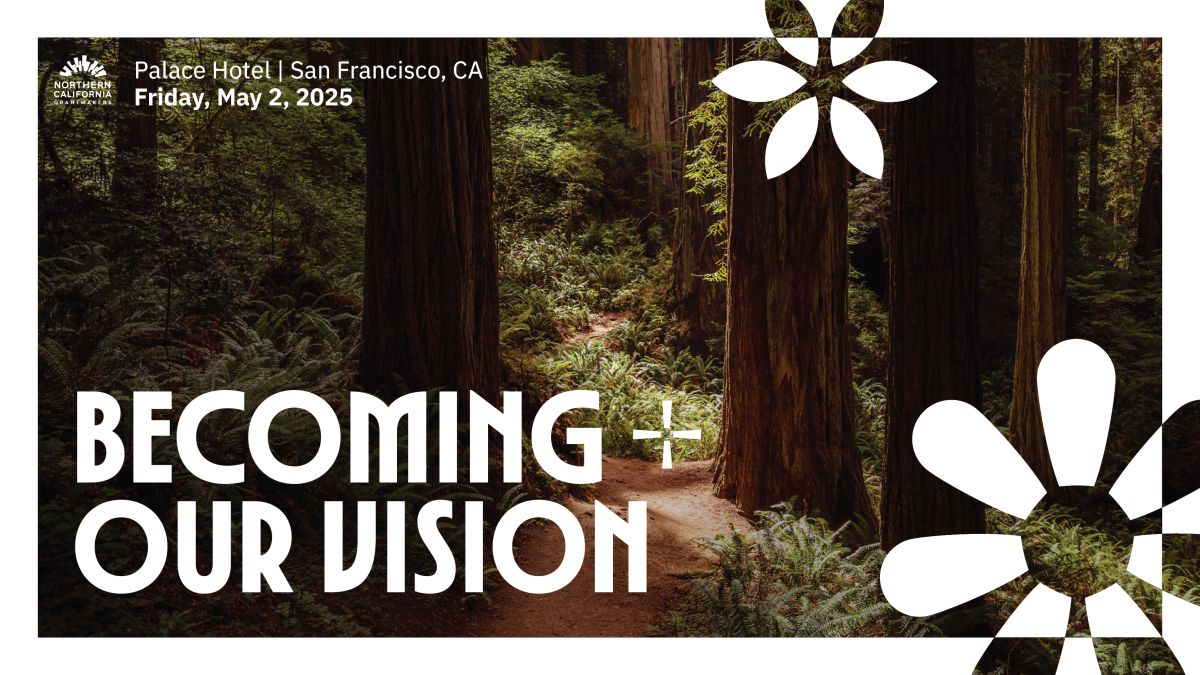
Agenda
May 02, 2025
ABOUT
We begin our conference with a powerful address from Prentis Hemphill—writer, somatics teacher, and founder of The Embodiment Institute—whose work invites us to reimagine leadership as an embodied, healing, and relational practice. In a time shaped by intersecting crises, Prentis will explore how we root our leadership in presence and possibility, and how healing is not a detour from justice, but a necessary path toward it. Their keynote will call us to notice how we show up—in our bodies, in our institutions, and in community—and challenge us to lead from a place of integrity and wholeness.
Prentis will speak directly to the philanthropic sector’s role in resourcing healing justice and supporting movement leaders, asking: What is most needed from funders in this time of rupture? How can philanthropy hold complexity, center care, and invest in transformation, not just transactions?
Following their address, NCG’s Senior Director of Public Affairs, Q Sajid, will join Prentis for an engaging Q&A that brings movement insight into dialogue with philanthropy’s present-day challenges. With their background in organizing and policy, Q will guide a conversation exploring how funders can step into more embodied and courageous leadership, grounded in relationship and community voice.
Audience participation will be welcomed during the Q&A.
We begin our conference with a powerful address from Prentis Hemphill—writer, somatics teacher, and founder of The Embodiment Institute—whose work invites us to reimagine leadership as an embodied, healing, and relational practice. In a time shaped by intersecting crises, Prentis will explore how we root our leadership in presence and possibility, and how healing is not a detour from justice, but a necessary path toward it. Their keynote will call us to notice how we show up—in our bodies, in our institutions, and in community—and challenge us to lead from a place of integrity and wholeness.
Prentis will speak directly to the philanthropic sector’s role in resourcing healing justice and supporting movement leaders, asking: What is most needed from funders in this time of rupture? How can philanthropy hold complexity, center care, and invest in transformation, not just transactions?
Following their address, NCG’s Senior Director of Public Affairs, Q Sajid, will join Prentis for an engaging Q&A that brings movement insight into dialogue with philanthropy’s present-day challenges. With their background in organizing and policy, Q will guide a conversation exploring how funders can step into more embodied and courageous leadership, grounded in relationship and community voice.
Audience participation will be welcomed during the Q&A.
Speakers
ABOUT
We all click on those Netflix recommendations, use a GPS system or a smart home device, and even perhaps use Chat GPT to support our writing process, summarize documents for themes, or problem-solve. AI is advancing quickly and the impacts are widespread. Philanthropy is not and will not be immune to these impacts, and the communities we serve will be the first to feel them. Whether you’re funding in the field of housing solutions, climate change, workforce development, or criminal justice, it’s essential for you to incorporate AI into your foundation's practice and grantmaking strategies.
Join us for this breakout session featuring two Ted-talk style presentations by Artificial Intelligence experts Timnit Gebru of DAIR (the Distributed AI Research Institute) and Anamitra Deb of the Omidyar Network. They will highlight elements for you to keep in mind as you consider how to adopt a strategy around AI and how the funding landscape currently looks, and what we should expect as advancements in AI continue.
ATTENDEES WILL:
• Learn more about what’s at stake with AI
• Hear how to start integrating AI into your strategies
• Participate in Q&A with experts
We all click on those Netflix recommendations, use a GPS system or a smart home device, and even perhaps use Chat GPT to support our writing process, summarize documents for themes, or problem-solve. AI is advancing quickly and the impacts are widespread. Philanthropy is not and will not be immune to these impacts, and the communities we serve will be the first to feel them. Whether you’re funding in the field of housing solutions, climate change, workforce development, or criminal justice, it’s essential for you to incorporate AI into your foundation's practice and grantmaking strategies.
Join us for this breakout session featuring two Ted-talk style presentations by Artificial Intelligence experts Timnit Gebru of DAIR (the Distributed AI Research Institute) and Anamitra Deb of the Omidyar Network. They will highlight elements for you to keep in mind as you consider how to adopt a strategy around AI and how the funding landscape currently looks, and what we should expect as advancements in AI continue.
ATTENDEES WILL:
• Learn more about what’s at stake with AI
• Hear how to start integrating AI into your strategies
• Participate in Q&A with experts
Speakers
ABOUT
In Oakland and across Lisjan (Ohlone) territory, Indigenous land return and rematriation are gaining momentum after generations of organizing, prayer, and solidarity. As the philanthropic community reckons with its role in the historic extraction of wealth from Black, Indigenous, and communities of color, it has a critical opportunity to actively support this transformative work.
Since 2021, the Funder Circle for Shuumi & Action—a collaboration between Justice Funders, Sogorea Te’ Land Trust, and allied philanthropic leaders—has mobilized Bay Area foundations to pay the Shuumi Land Tax and other Indigenous Honor & Land Taxes. More than 20 foundations have already committed, demonstrating a growing movement toward wealth redistribution and Indigenous land return. This session invites professionals in the sector to explore the connections between philanthropic wealth and the colonial occupation of Indigenous lands; consider approaches to healing and repair; and learn how paying Indigenous land taxes can be a powerful step toward advancing rematriation and Indigenous sovereignty.
ATTENDEES WILL:
• Understand the concept of repair in a justice framework.
• Gain historical and ethical knowledge about land taxes
• Hear how to address the legacy of stolen land and wealth in philanthropy
• Learn how to incorporate the practice of land taxes into organizational strategies.
In Oakland and across Lisjan (Ohlone) territory, Indigenous land return and rematriation are gaining momentum after generations of organizing, prayer, and solidarity. As the philanthropic community reckons with its role in the historic extraction of wealth from Black, Indigenous, and communities of color, it has a critical opportunity to actively support this transformative work.
Since 2021, the Funder Circle for Shuumi & Action—a collaboration between Justice Funders, Sogorea Te’ Land Trust, and allied philanthropic leaders—has mobilized Bay Area foundations to pay the Shuumi Land Tax and other Indigenous Honor & Land Taxes. More than 20 foundations have already committed, demonstrating a growing movement toward wealth redistribution and Indigenous land return. This session invites professionals in the sector to explore the connections between philanthropic wealth and the colonial occupation of Indigenous lands; consider approaches to healing and repair; and learn how paying Indigenous land taxes can be a powerful step toward advancing rematriation and Indigenous sovereignty.
ATTENDEES WILL:
• Understand the concept of repair in a justice framework.
• Gain historical and ethical knowledge about land taxes
• Hear how to address the legacy of stolen land and wealth in philanthropy
• Learn how to incorporate the practice of land taxes into organizational strategies.
Speakers
ABOUT
Community based organizations working on issues that touch every aspect of our lives - such as housing, workforce development, health, climate, and education - are racing to stay on top of rapidly changing immigration policies so they can take appropriate action to keep staff and community members informed, safe, and supported while moving toward the vision of an inclusive and just California for All. In California, where nearly a third of our population is immigrants and one in five children live in mixed status families, these policies have serious ramifications.
No matter your funding area, your community partners and the communities you serve are being impacted amidst the slew of attacks on immigrant communities. How can philanthropy adopt an immigration lens and shift practices to better support the infrastructure, resiliency, wellness, and safety of our nonprofit partners and immigrant community members? This session will shift how you consider immediate threats while building for a more just and inclusive future.
ATTENDEES WILL:
• Learn about the current immigration policy landscape, and how it’s impacting across issues, including housing, education, financial stability, health, and workforce.
• Hear how organizations and communities are adapting to stay informed, protect their staff and community members, and fulfill their missions.
• Identify opportunities for funders across issue areas to adopt an immigration lens for funding.
Community based organizations working on issues that touch every aspect of our lives - such as housing, workforce development, health, climate, and education - are racing to stay on top of rapidly changing immigration policies so they can take appropriate action to keep staff and community members informed, safe, and supported while moving toward the vision of an inclusive and just California for All. In California, where nearly a third of our population is immigrants and one in five children live in mixed status families, these policies have serious ramifications.
No matter your funding area, your community partners and the communities you serve are being impacted amidst the slew of attacks on immigrant communities. How can philanthropy adopt an immigration lens and shift practices to better support the infrastructure, resiliency, wellness, and safety of our nonprofit partners and immigrant community members? This session will shift how you consider immediate threats while building for a more just and inclusive future.
ATTENDEES WILL:
• Learn about the current immigration policy landscape, and how it’s impacting across issues, including housing, education, financial stability, health, and workforce.
• Hear how organizations and communities are adapting to stay informed, protect their staff and community members, and fulfill their missions.
• Identify opportunities for funders across issue areas to adopt an immigration lens for funding.
Speakers
ABOUT
Nonprofit, justice driven community-based organizations continue to play a critical role in building social movements across issues, strategies, and identities. Community organizers, in particular, do the crucial work of base-building: outreach, recruitment, leadership development, and mobilization of community members to take action, build power, improve social and economic conditions, and effect positive change. Despite the essential function organizers play in the movement ecosystem, the work of organizing remains devalued and under-resourced, as do the unique skillsets and challenges that organizers face.
Decades of crisis after crisis and a new administration promising rollbacks of key policies and protections are compounding the pressure on organizers to defend and build on social progress while simultaneously working to protect their marginalized communities. Movement leaders and community organizers will need resources and support to invest in their well-being and sustainability for the long arc towards justice.
Instead of ongoing exploitation of the field, what is needed to ensure that people who have dedicated their lives to organizing and movement building are able to do this work for the long haul? How can funders account for the full cost of community organizing and movement building work? What is the role of philanthropy in supporting a vibrant ecosystem of organizers resourced in multiple ways, politically, spiritually, and emotionally? Which organizers and movement leaders need the most support and how can philanthropy support those on the margins leading transformative visions?
ATTENDEES WILL:
• Learn about the challenges facing grassroots movement organizations in the recruitment, professional development, and retention of community organizers.
• Understand the importance and necessity of nonprofit workforce sustainability to power building and community organizing.
• Preview models and best practices for how philanthropy is partnering with movement organizations to nourish and sustain their community organizing staff.
Nonprofit, justice driven community-based organizations continue to play a critical role in building social movements across issues, strategies, and identities. Community organizers, in particular, do the crucial work of base-building: outreach, recruitment, leadership development, and mobilization of community members to take action, build power, improve social and economic conditions, and effect positive change. Despite the essential function organizers play in the movement ecosystem, the work of organizing remains devalued and under-resourced, as do the unique skillsets and challenges that organizers face.
Decades of crisis after crisis and a new administration promising rollbacks of key policies and protections are compounding the pressure on organizers to defend and build on social progress while simultaneously working to protect their marginalized communities. Movement leaders and community organizers will need resources and support to invest in their well-being and sustainability for the long arc towards justice.
Instead of ongoing exploitation of the field, what is needed to ensure that people who have dedicated their lives to organizing and movement building are able to do this work for the long haul? How can funders account for the full cost of community organizing and movement building work? What is the role of philanthropy in supporting a vibrant ecosystem of organizers resourced in multiple ways, politically, spiritually, and emotionally? Which organizers and movement leaders need the most support and how can philanthropy support those on the margins leading transformative visions?
ATTENDEES WILL:
• Learn about the challenges facing grassroots movement organizations in the recruitment, professional development, and retention of community organizers.
• Understand the importance and necessity of nonprofit workforce sustainability to power building and community organizing.
• Preview models and best practices for how philanthropy is partnering with movement organizations to nourish and sustain their community organizing staff.
Speakers
ABOUT
Young people are meeting this moment and leading with hope, courage, and bold ambition amidst unprecedented challenges. As leaders at the forefront of social change, they are challenging systemic injustices, participating in our democracy and responding to global crises. Yet, often their experiences and leadership are unrecognized. There is critical opportunity for philanthropy to partner with community and support young people as they demand a world rooted in equity, freedom, and racial justice.
We’re facing a time where human rights are being stripped away, our institutions and democracy are under threat, and national priorities oppose young people’s dreams for a world of wholeness, with safe and brave spaces, adequate and abundant resources, and built on mutual support, strength, leadership, and love. Young people are getting engaged civically and successfully changing policies, practices, and cultural narratives. Their victories show how young people’s leadership, sharp insights, and creative strategies can dismantle harmful systems and build the brighter, life-affirming future they deserve.
These young people, who often come from communities that experience systemic oppression, find their homes in youth centered community-based organizations that cultivate their wellness, develop their leadership, and support them to unlock their vision for the future. Join this breakout to ground ourselves in the community needs and partnership potential in support of young people expressing their ideas, building critical skills for self-determination, advocating for themselves, and thriving.
ATTENDEES WILL:
• Learn about models of young people leading change in their communities, and in philanthropy.
• Hear how community based organizations are supporting young people to grow their leadership,
build skills for self-determination, become civically engaged, and express their ideas; and the
challenges they are facing in this moment.
• Discuss the role funders can play to resource organizations to support young people to thrive,
and foster conditions for long-term impact
Young people are meeting this moment and leading with hope, courage, and bold ambition amidst unprecedented challenges. As leaders at the forefront of social change, they are challenging systemic injustices, participating in our democracy and responding to global crises. Yet, often their experiences and leadership are unrecognized. There is critical opportunity for philanthropy to partner with community and support young people as they demand a world rooted in equity, freedom, and racial justice.
We’re facing a time where human rights are being stripped away, our institutions and democracy are under threat, and national priorities oppose young people’s dreams for a world of wholeness, with safe and brave spaces, adequate and abundant resources, and built on mutual support, strength, leadership, and love. Young people are getting engaged civically and successfully changing policies, practices, and cultural narratives. Their victories show how young people’s leadership, sharp insights, and creative strategies can dismantle harmful systems and build the brighter, life-affirming future they deserve.
These young people, who often come from communities that experience systemic oppression, find their homes in youth centered community-based organizations that cultivate their wellness, develop their leadership, and support them to unlock their vision for the future. Join this breakout to ground ourselves in the community needs and partnership potential in support of young people expressing their ideas, building critical skills for self-determination, advocating for themselves, and thriving.
ATTENDEES WILL:
• Learn about models of young people leading change in their communities, and in philanthropy.
• Hear how community based organizations are supporting young people to grow their leadership,
build skills for self-determination, become civically engaged, and express their ideas; and the
challenges they are facing in this moment.
• Discuss the role funders can play to resource organizations to support young people to thrive,
and foster conditions for long-term impact
Speakers
In response to our grantee partners, The California Endowment is actively examining the connection between U.S. structural racism and racial capitalism, and persistent poor health and life outcomes experienced among Black, Native, and other people of color. Beyond engaging in analysis of the root causes of health inequities, TCE is examining its own role, and the role of philanthropy more broadly, in perpetuating the conditions that undermine health and wellness of all Californians. In the spring of 2018, TCE translated the shared analysis developed by program that acknowledged the historical harm and power imbalance inherent in the
philanthropic sector and launched an organization-wide effort to align all aspects of the organization’s operations with a commitment to becoming anti-racist. Since 2018, TCE has been on an “Advancing Racial Equity” journey.
In this time, TCE has embraced the reality that living into anti-racist practice is so much more than a documented commitment to racial justice and cognitive learning. This session will explore the Endowment's journey to develop a Somatic Abolitionism practice. Somatic Abolitionism taps into the infinite resource our bodies hold to metabolize historical and racialized trauma, making room to be present for the difficult work of health and racial justice.
Speakers will share examples of individual and communal transformation that unlock the potential for organizational transformation necessary to be in trusted and accountable partnership with grantees.
philanthropic sector and launched an organization-wide effort to align all aspects of the organization’s operations with a commitment to becoming anti-racist. Since 2018, TCE has been on an “Advancing Racial Equity” journey.
In this time, TCE has embraced the reality that living into anti-racist practice is so much more than a documented commitment to racial justice and cognitive learning. This session will explore the Endowment's journey to develop a Somatic Abolitionism practice. Somatic Abolitionism taps into the infinite resource our bodies hold to metabolize historical and racialized trauma, making room to be present for the difficult work of health and racial justice.
Speakers will share examples of individual and communal transformation that unlock the potential for organizational transformation necessary to be in trusted and accountable partnership with grantees.
Speakers
ABOUT
This extended lunch space allows participants to choose their own adventure.
1. Open Lunch: Enjoy your food while you connect with friends and peers. After eating your lunch, head to The Gold Room to buy your books.
2. Caucus & Affinity Tables: In a section of the lunch space you will find opt-in caucus and affinity tables. This is a chance to connect and network informally with peers from a wide range of backgrounds and shared interests. No need to sign up ahead of time!
You can choose from the following tables:
- Black Philanthropy Professionals (hosted by Chantel Walker and Zoe Broussard of Black Funders Network)
- Bay Area Latinx in Philanthropy (hosted by Glenda Monterroza of Kaiser and Raquel Sharp of Blue Shield Foundation)
- Asian-Americans/Pacific Islanders in Philanthropy (hosted by Casey Tran and Pajouablai Monica Lee of AAPIP)
- Queer and Trans Philanthropy Professionals (hosted by Luna Moreta-Avila of Funders for LGBTQ Issues)
- Spend-Down Foundations (hosted by Nwamaka Agbo and Lynne Hoey of Kataly Foundation)
- Emerging Professionals in Philanthropy (hosted by Ammarah Maqsood of Huckleberry Youth Programs)
- AI-Interested Funders (hosted by Anamitra Deb of Omidyar Network and Lili Gangas of the Kapor Foundation)
- Rural Funders (hosted by Viry Romero of Northern California Grantmakers)
- Immigration Justice (no host)
This extended lunch space allows participants to choose their own adventure.
1. Open Lunch: Enjoy your food while you connect with friends and peers. After eating your lunch, head to The Gold Room to buy your books.
2. Caucus & Affinity Tables: In a section of the lunch space you will find opt-in caucus and affinity tables. This is a chance to connect and network informally with peers from a wide range of backgrounds and shared interests. No need to sign up ahead of time!
You can choose from the following tables:
- Black Philanthropy Professionals (hosted by Chantel Walker and Zoe Broussard of Black Funders Network)
- Bay Area Latinx in Philanthropy (hosted by Glenda Monterroza of Kaiser and Raquel Sharp of Blue Shield Foundation)
- Asian-Americans/Pacific Islanders in Philanthropy (hosted by Casey Tran and Pajouablai Monica Lee of AAPIP)
- Queer and Trans Philanthropy Professionals (hosted by Luna Moreta-Avila of Funders for LGBTQ Issues)
- Spend-Down Foundations (hosted by Nwamaka Agbo and Lynne Hoey of Kataly Foundation)
- Emerging Professionals in Philanthropy (hosted by Ammarah Maqsood of Huckleberry Youth Programs)
- AI-Interested Funders (hosted by Anamitra Deb of Omidyar Network and Lili Gangas of the Kapor Foundation)
- Rural Funders (hosted by Viry Romero of Northern California Grantmakers)
- Immigration Justice (no host)
Speakers
ABOUT
Philanthropy has spent years sharpening its commitment to equity. But at a time when forces are pushing back against racial and social justice, how we show up matters more than ever.
For this year’s Great Debate, four philanthropic leaders will take the stage, each bringing a vision, strategy, and sense of responsibility to the stage. Teams of two will make their case for and against the position, pushing us beyond easy answers, confronting the dilemma and
tensions that frame the work. Because the truth is, there’s no roadmap—but by engaging deeply, we can learn from and support each other in the choices ahead.
This year’s debate tackles a timely and defining question: "Philanthropy needs to be loud and proud about advancing equity right now."
Four philanthropic leaders will take the stage, each bringing a vision, strategy, and sense of responsibility to the debate. Teams of two will make their case for and against the position, pushing us beyond easy answers, confronting the dilemma and tensions that frame the work.
Because the truth is, there’s no roadmap—but by engaging deeply, we can learn from and support each other in the choices ahead.
In true NCG tradition, this isn’t just a debate—it’s a space to sharpen our thinking, wrestle with hard questions, and reflect on what it will take to build a just, equitable, multiracial society. And, as always, the final call will be yours—the audience will determine which side makes the
most compelling case through live polling.
DEBATE TEAMS
• Team 1: Brandi Howard + Glen Galaich
• Team 2: Elizabeth Posey + Ray Colmenar
Philanthropy has spent years sharpening its commitment to equity. But at a time when forces are pushing back against racial and social justice, how we show up matters more than ever.
For this year’s Great Debate, four philanthropic leaders will take the stage, each bringing a vision, strategy, and sense of responsibility to the stage. Teams of two will make their case for and against the position, pushing us beyond easy answers, confronting the dilemma and
tensions that frame the work. Because the truth is, there’s no roadmap—but by engaging deeply, we can learn from and support each other in the choices ahead.
This year’s debate tackles a timely and defining question: "Philanthropy needs to be loud and proud about advancing equity right now."
Four philanthropic leaders will take the stage, each bringing a vision, strategy, and sense of responsibility to the debate. Teams of two will make their case for and against the position, pushing us beyond easy answers, confronting the dilemma and tensions that frame the work.
Because the truth is, there’s no roadmap—but by engaging deeply, we can learn from and support each other in the choices ahead.
In true NCG tradition, this isn’t just a debate—it’s a space to sharpen our thinking, wrestle with hard questions, and reflect on what it will take to build a just, equitable, multiracial society. And, as always, the final call will be yours—the audience will determine which side makes the
most compelling case through live polling.
DEBATE TEAMS
• Team 1: Brandi Howard + Glen Galaich
• Team 2: Elizabeth Posey + Ray Colmenar
Speakers
Speakers
In an era marked by rapid political shifts that imperil our communities, decisive action rooted in bold moral vision has never been more essential. Unbowed and guided by the power of community voice, we must confront challenges that seek to divide and diminish the bonds that unite us. This begins with including powerful visions of mutual care, inclusive participation in multiracial democracy, and distribution of resources to protect and affirm life.
This is a real-time, high-level briefing on where things stand today, as well as a call for a united, proactive approach to safeguarding community and justice. In this closing session of our annual conference, three powerful leaders—Angela Glover Blackwell, Dimple Abichandani, and Vanessa Daniel—deliver incisive analysis and immediate strategies to counter the assault on democratic values and withdrawal of protections for communities burdened by systemic inequities.
Drawing on years of leadership experience at the forefront of movement building and progressive philanthropy—and insights detailed in forthcoming books —our speakers offer transformative ideas and actionable strategies to recalibrate philanthropy’s role and contribution in this precarious potent era.
Join us as we rise to the challenge and redefine the future of collective work to unite, heal, and found a nation where everyone belongs and flourishes, beginning right where we’re standing.
This is a real-time, high-level briefing on where things stand today, as well as a call for a united, proactive approach to safeguarding community and justice. In this closing session of our annual conference, three powerful leaders—Angela Glover Blackwell, Dimple Abichandani, and Vanessa Daniel—deliver incisive analysis and immediate strategies to counter the assault on democratic values and withdrawal of protections for communities burdened by systemic inequities.
Drawing on years of leadership experience at the forefront of movement building and progressive philanthropy—and insights detailed in forthcoming books —our speakers offer transformative ideas and actionable strategies to recalibrate philanthropy’s role and contribution in this precarious potent era.
Join us as we rise to the challenge and redefine the future of collective work to unite, heal, and found a nation where everyone belongs and flourishes, beginning right where we’re standing.
Speakers
Speakers
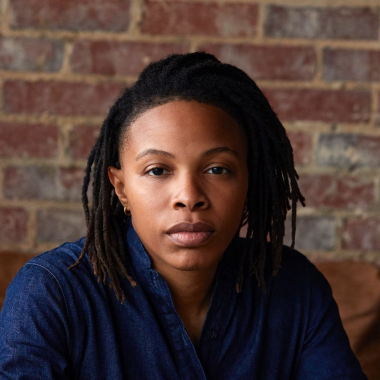
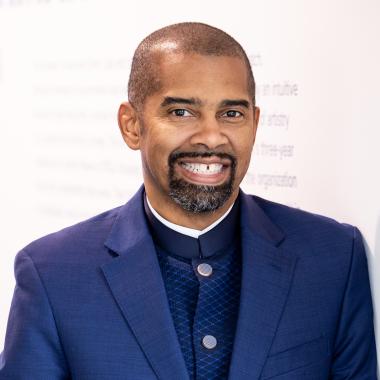
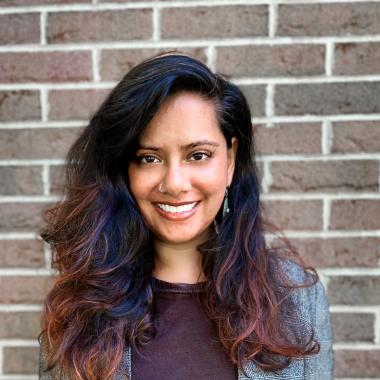
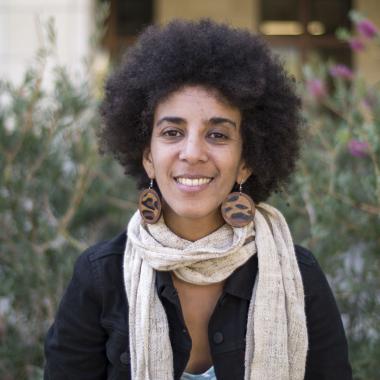
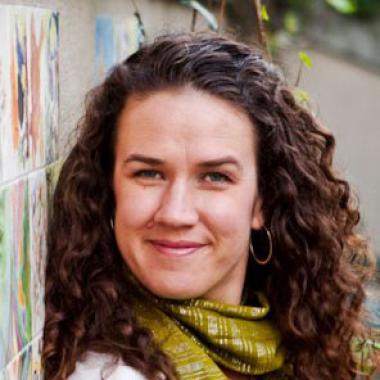
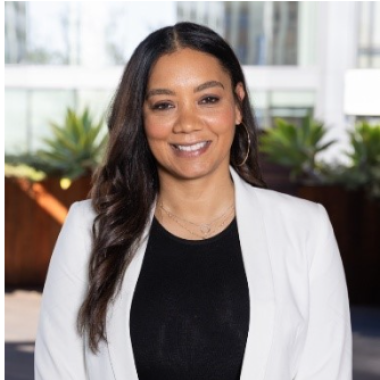
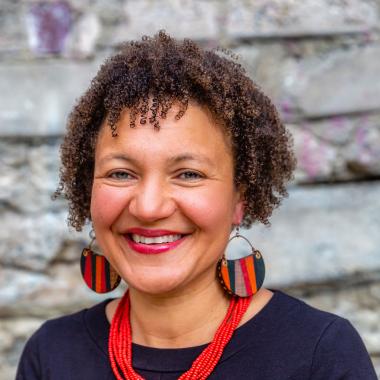
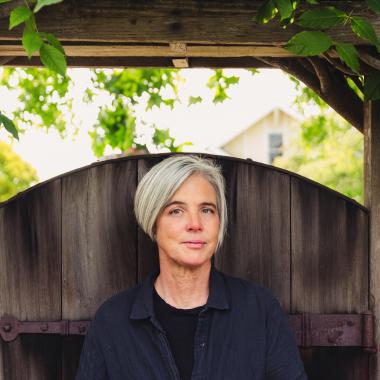
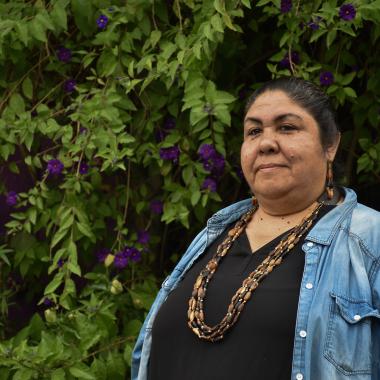
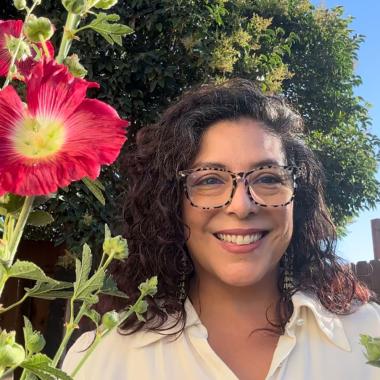
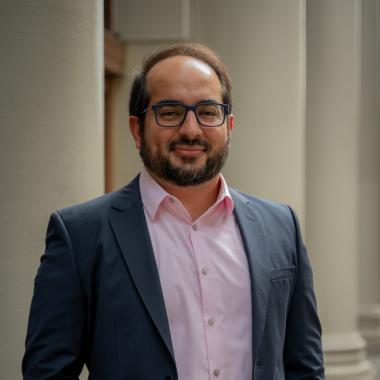
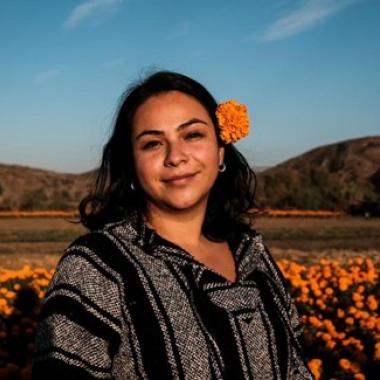
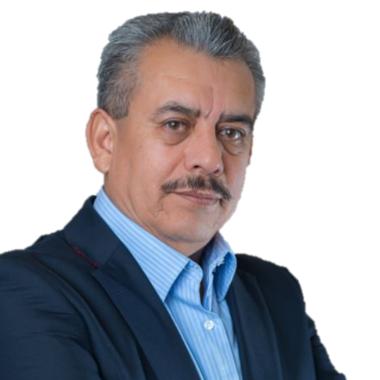
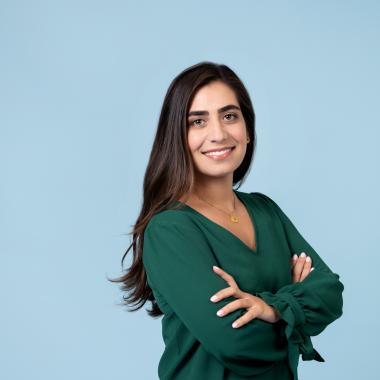
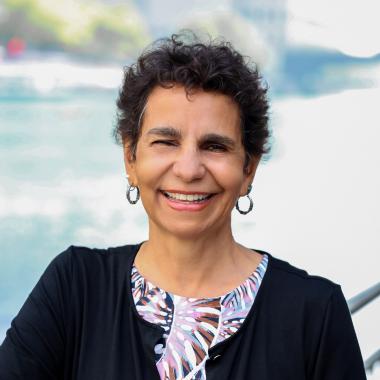
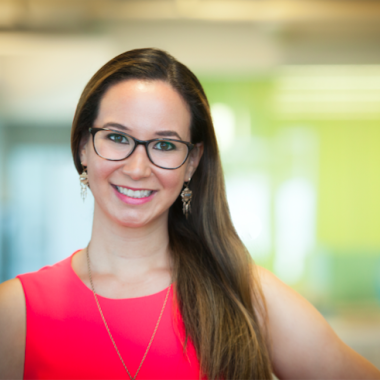
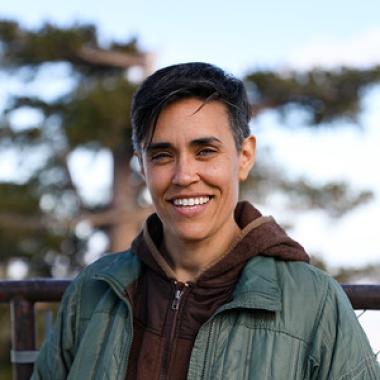
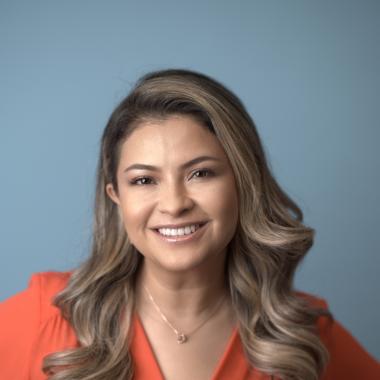
4e72.jpg?itok=quxnfr8x)
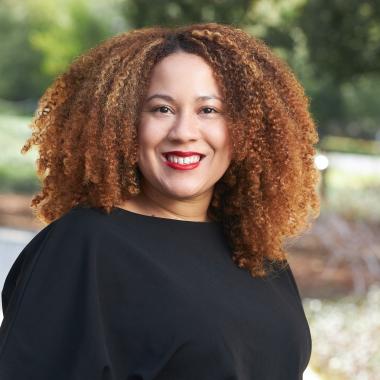
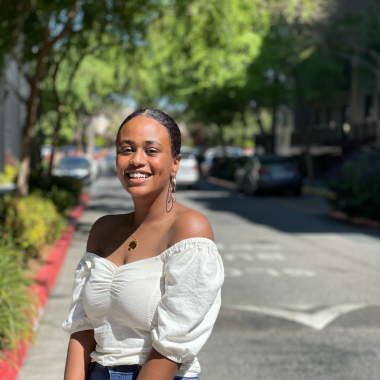
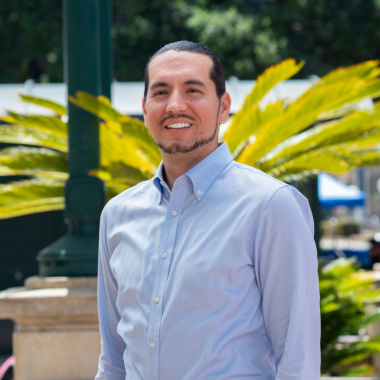
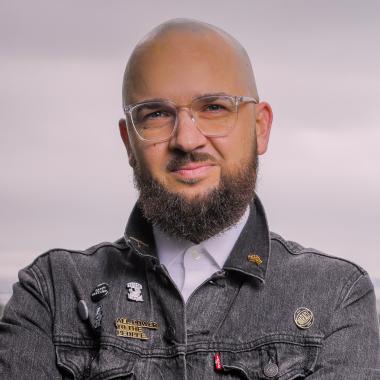
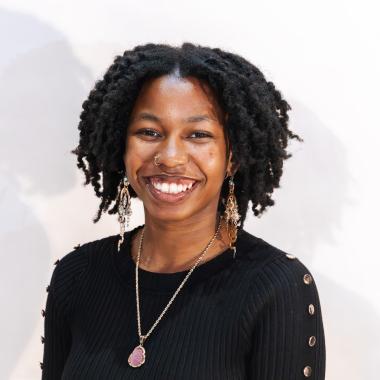
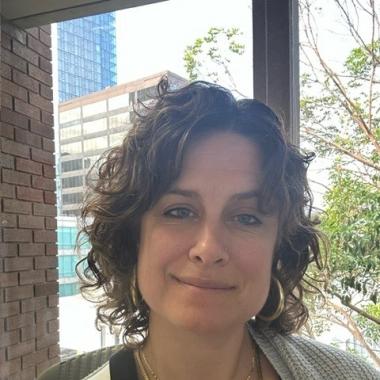
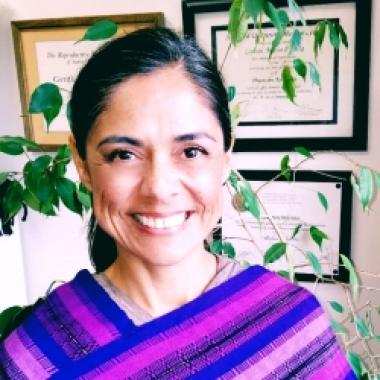
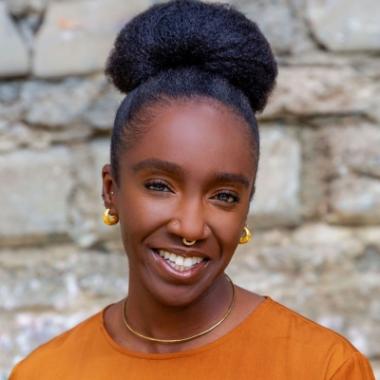
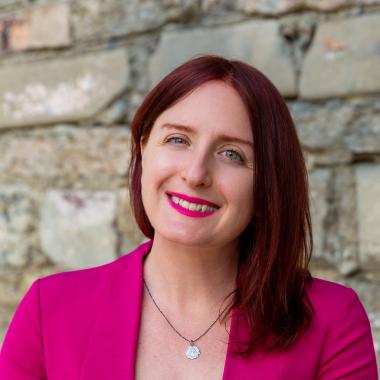
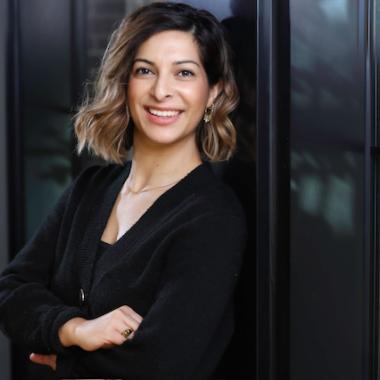
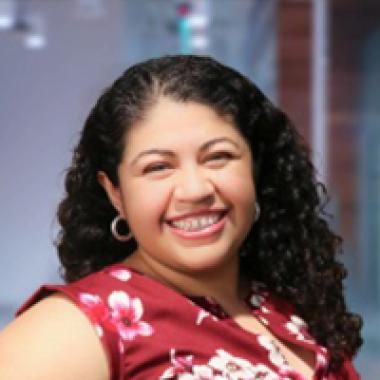

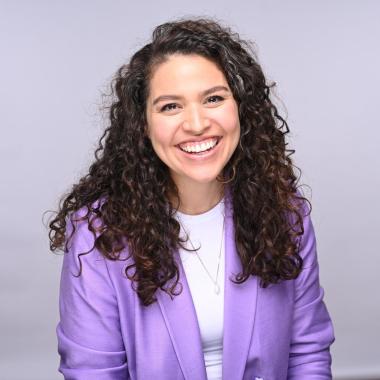
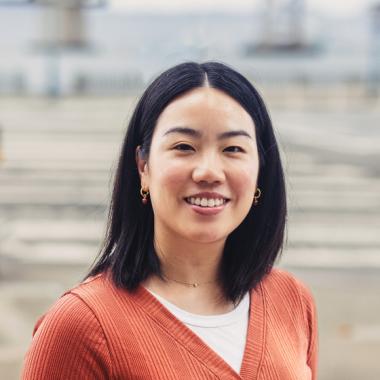
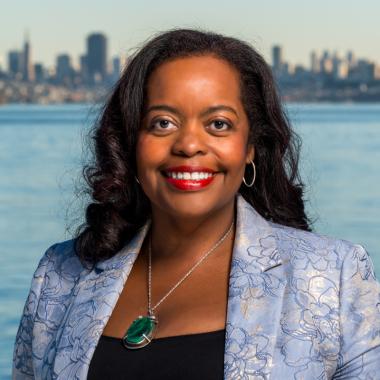
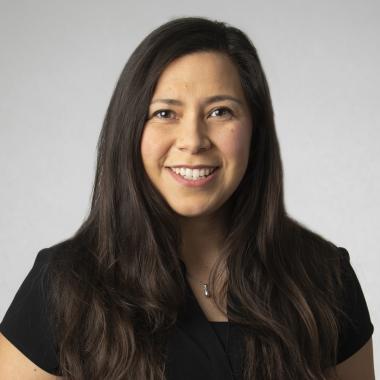

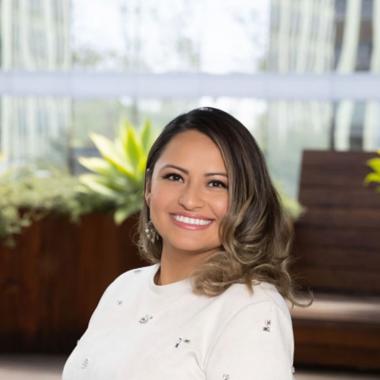
_0758b.png?itok=barfoqdt)
_06324.jpg?itok=_nAWjMtS)
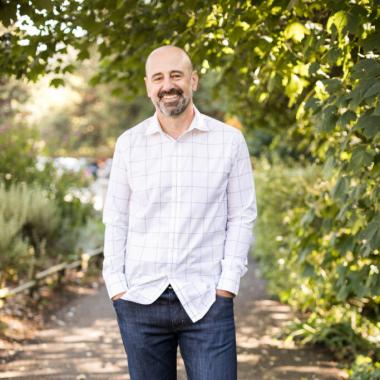
_07d9c.jpg?itok=lGdvtLtH)
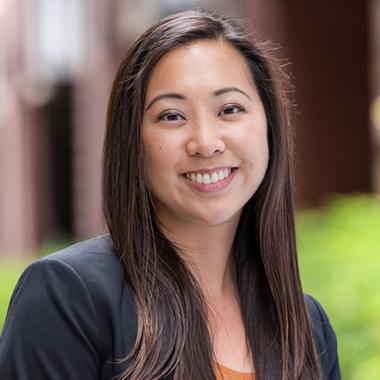
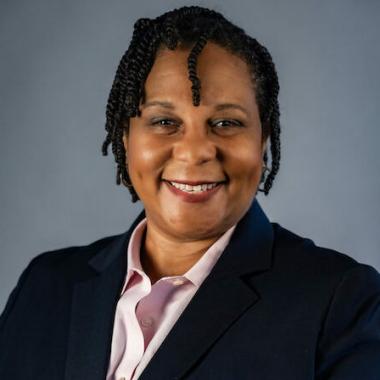
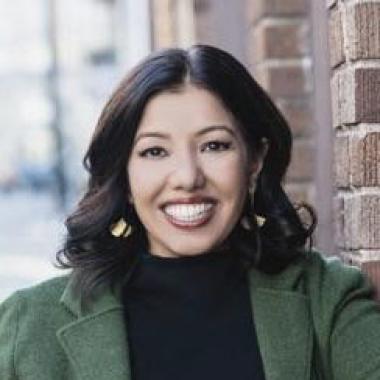
_03b81.jpg?itok=5Mhn0lOn)
